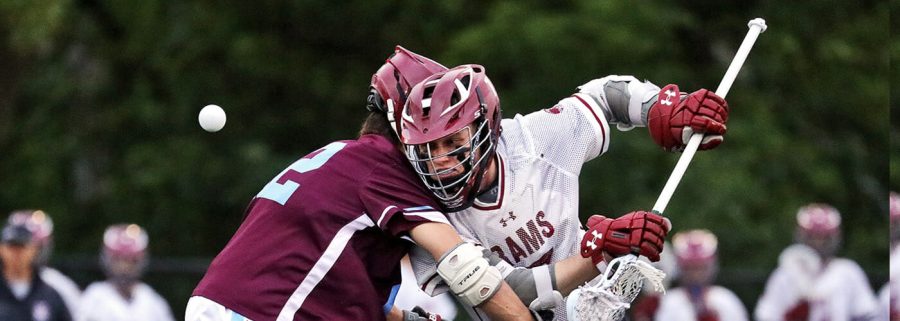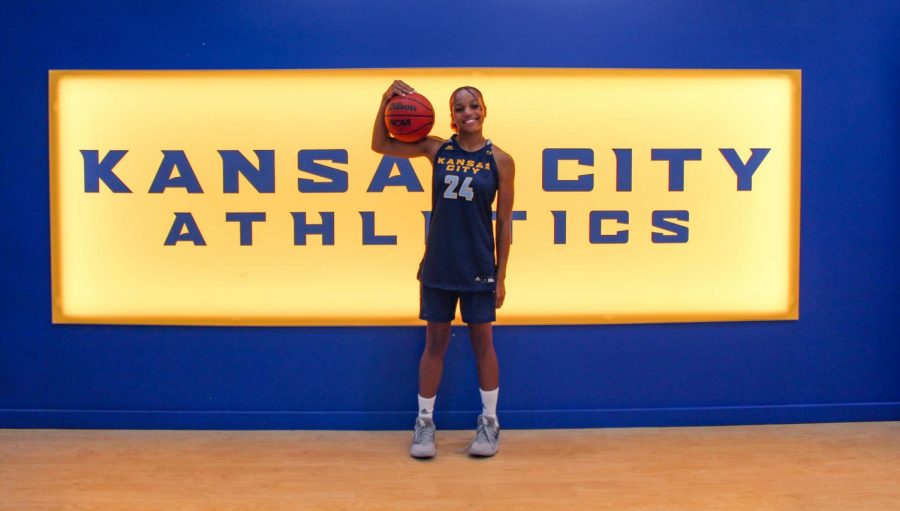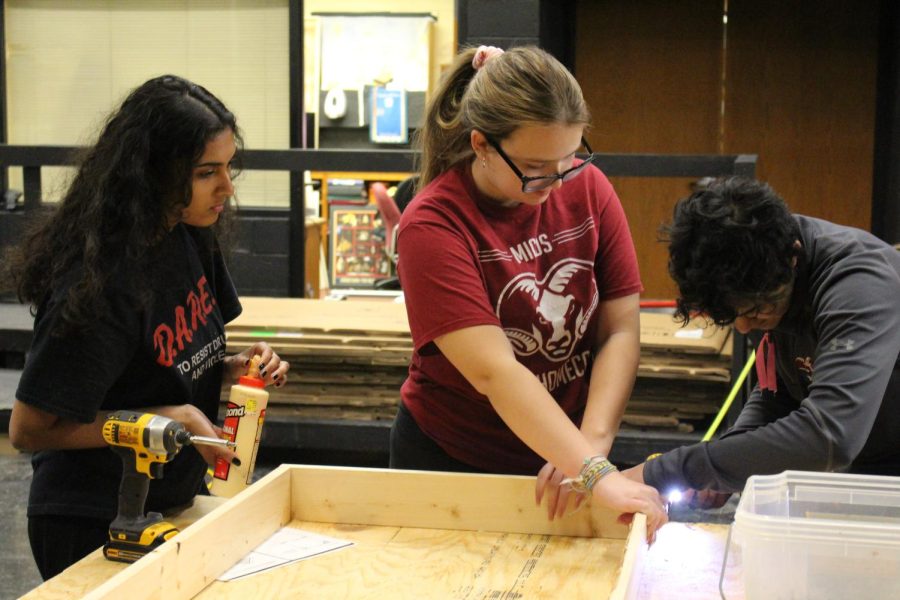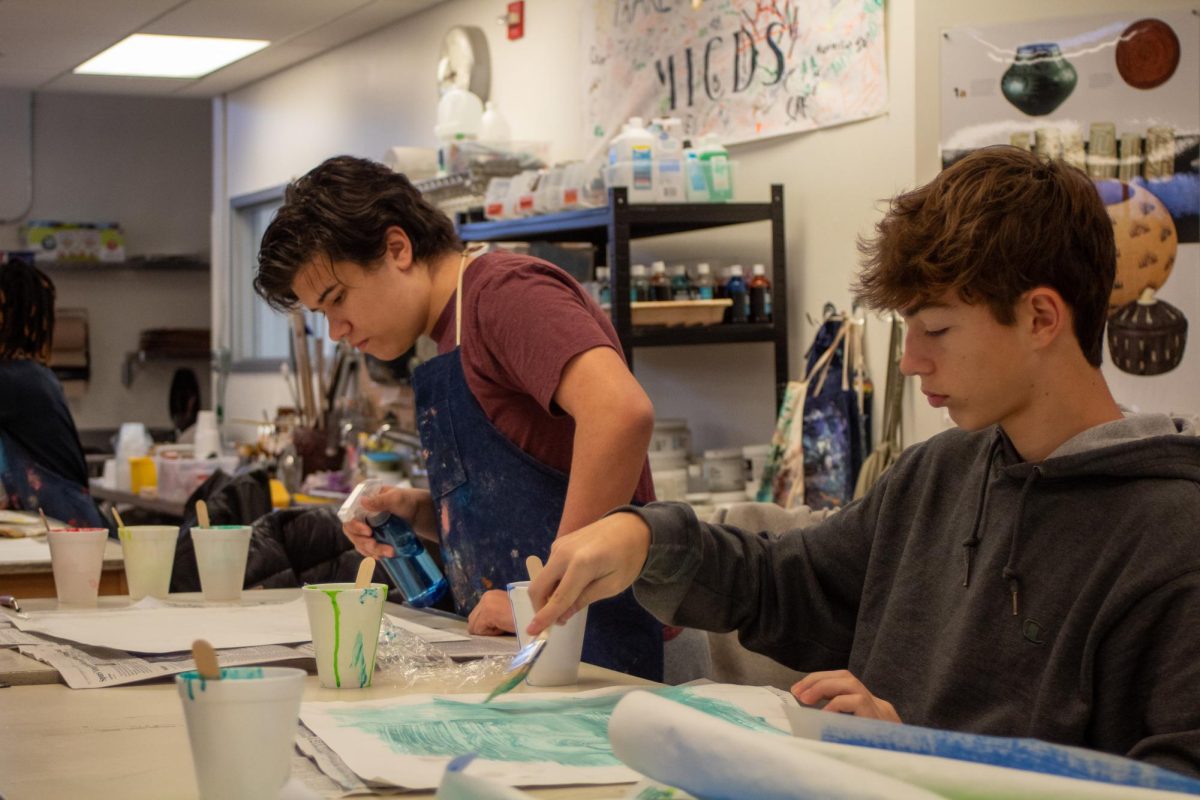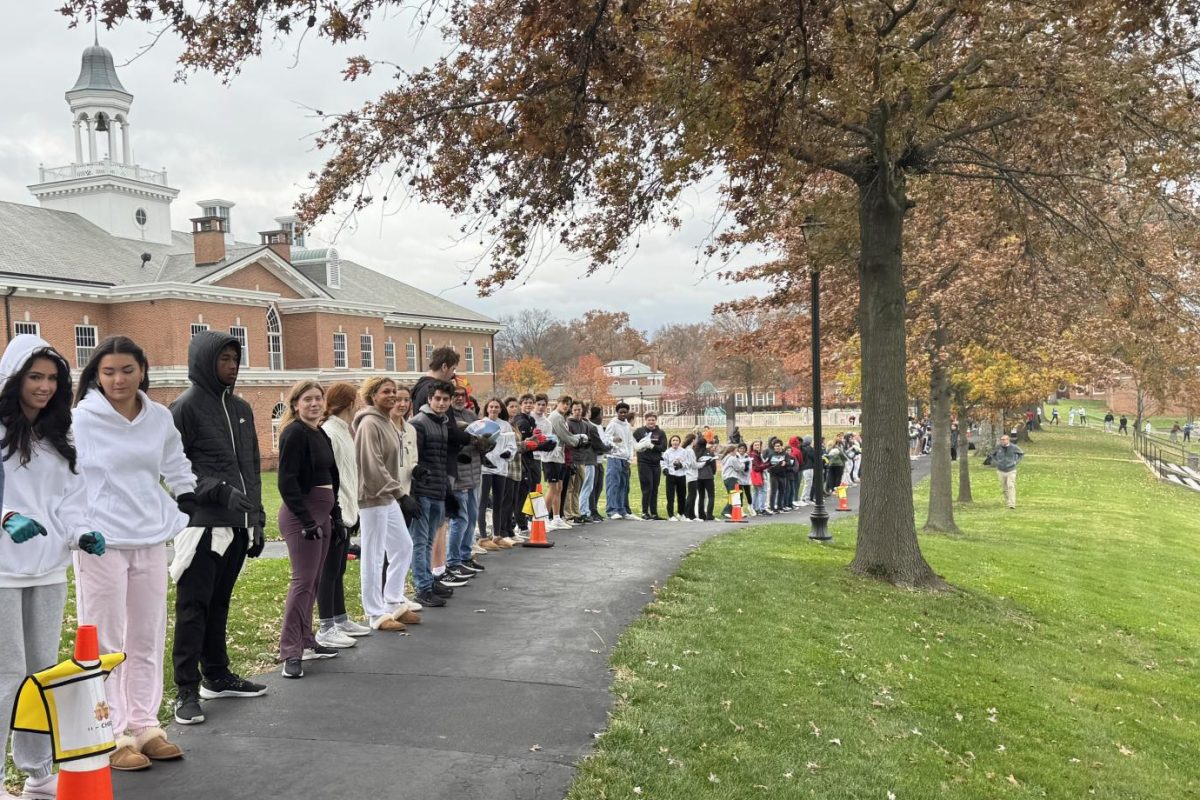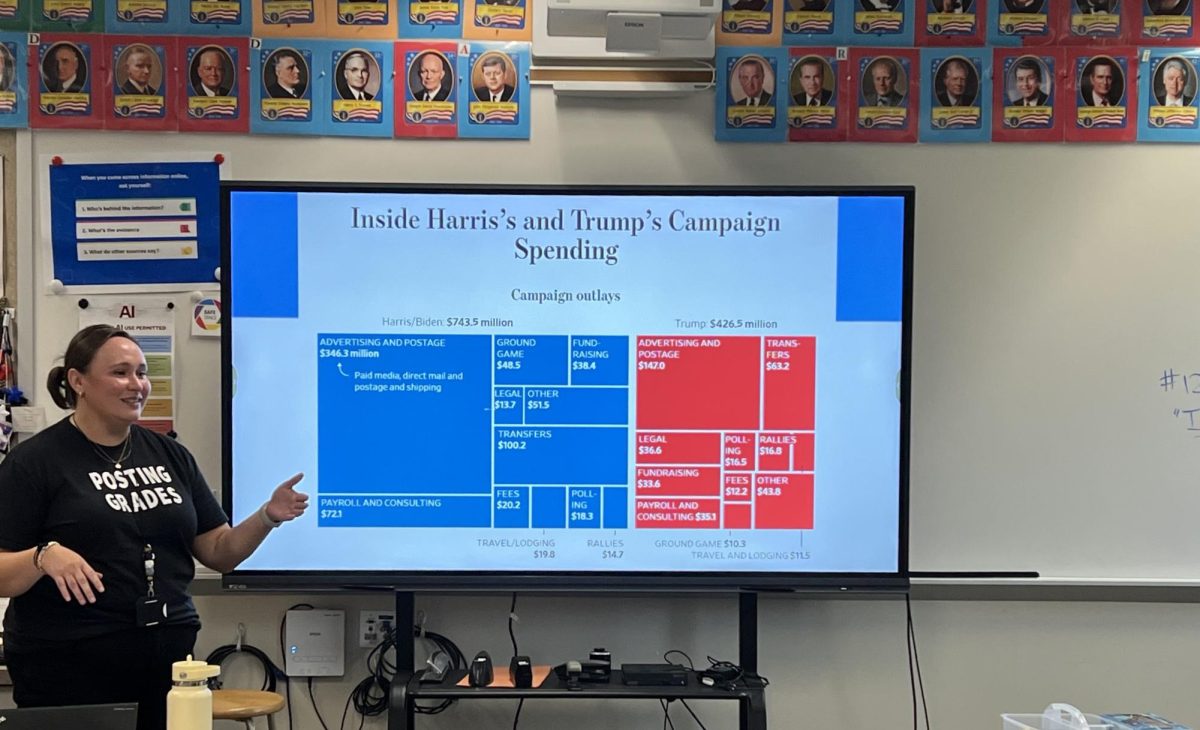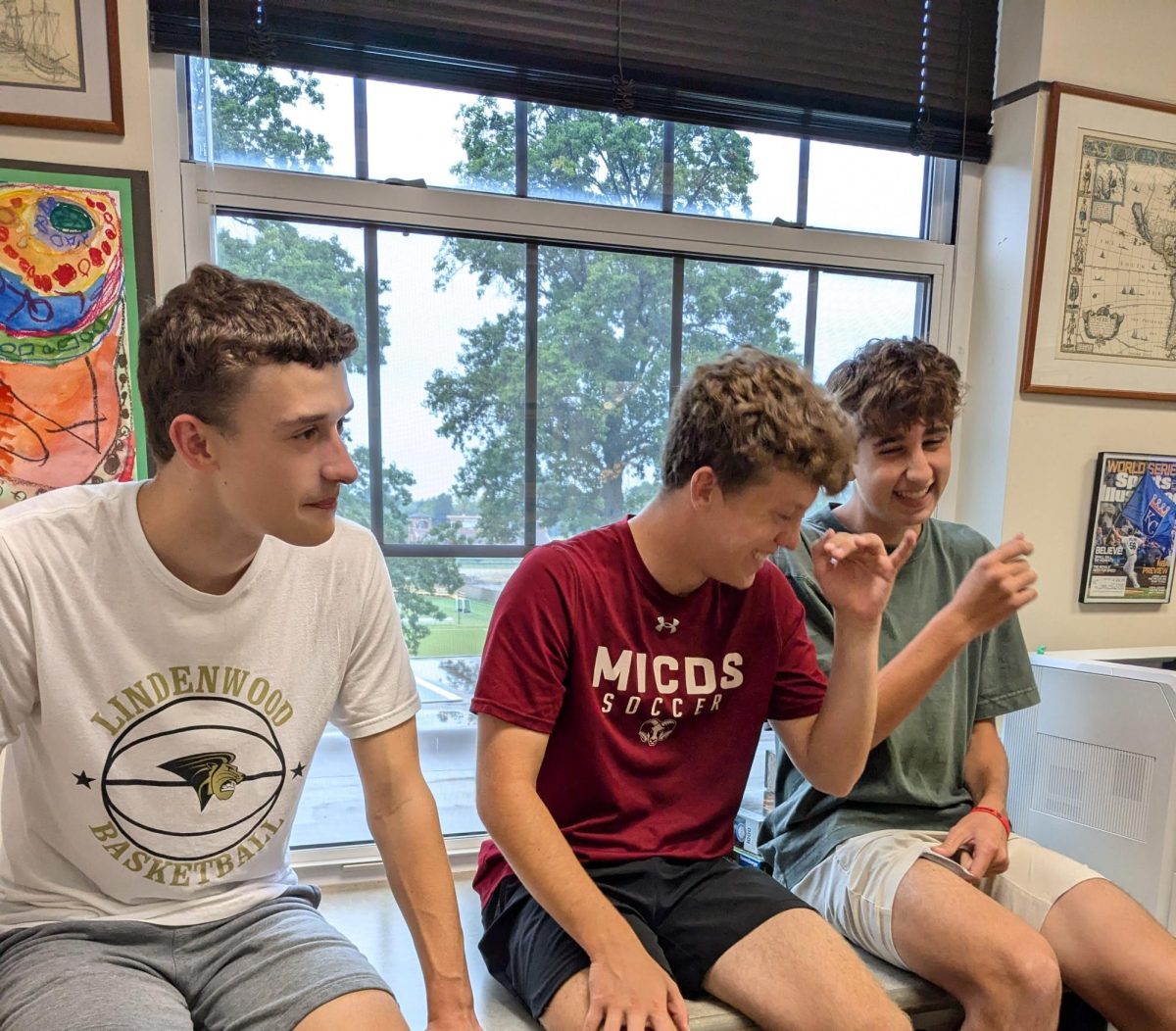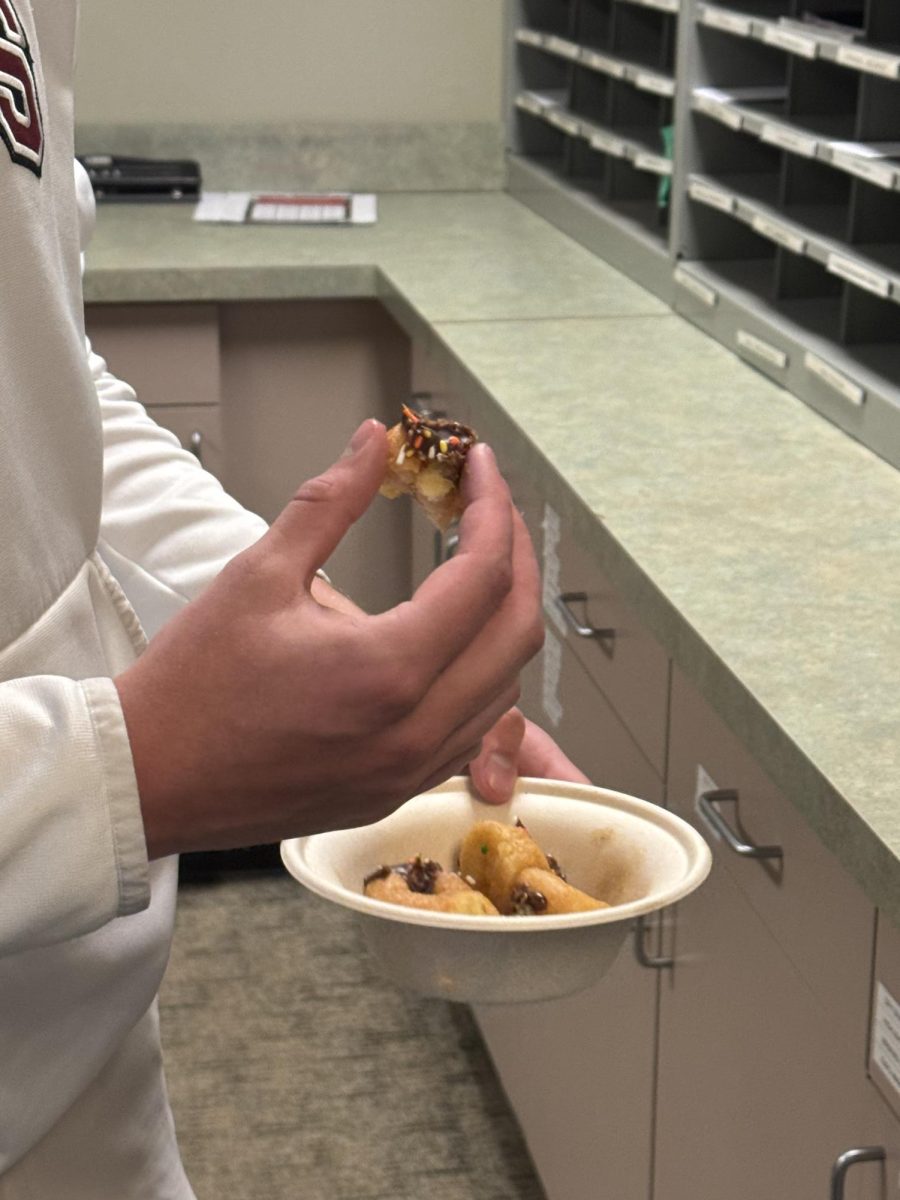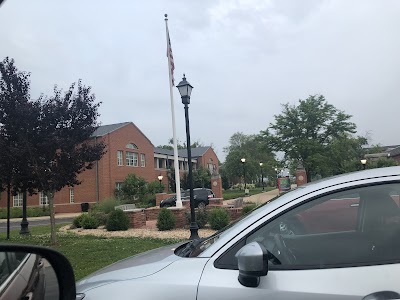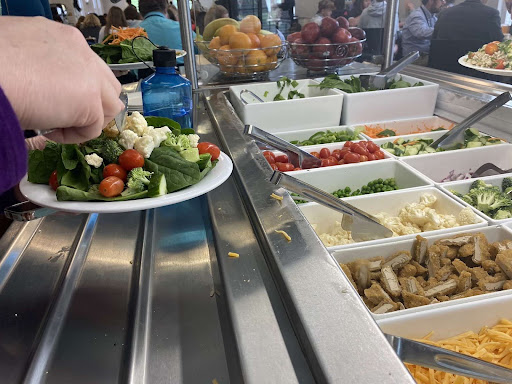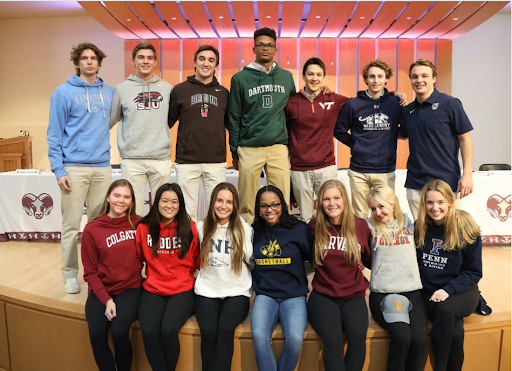If you’ve been going to MICDS for many years, you’ve surely grown accustomed to the tradition of using a door code to enter the building. MICDS has been using door codes for over ten years, but this year, the school began to switch to a new method of entering the building: the ProxTag.
Scott Small, Head of Upper School, was involved in the switch away from universal door codes towards ProxTags. He explained that the intent behind this decision was to move to a more secure lock/unlock system. Small noted that ProxTags were expected to work when placed on cell phones. Despite this, the ProxTags are not working as expected, and many students are voicing their complaints.
“I think they’re useless,” Zach Krivonak ‘25 said. “I don’t know what the problem with door codes is.”
“They don’t work. They stopped working early on,” Zoie Tolson ‘24 said. “Half of them didn’t even work on the first day of school.”
Abhinav Katyal ‘25 said he was “disappointed” by the implementation of ProxTags, which he felt “under-delivered” on their promises.
Sawyer Merlin ‘25 was more positive, acknowledging that ProxTags are a “good idea…but terrible execution.”
But why have the ProxTags caused so much commotion?
“They don’t work,” said Krivonak.
Merlin agreed, saying “It was clunky and overall a disaster.” Katyal pointed out that most students elected to stick the tags to their iPhones, which has caused problems of its own. Small and the MICDS security team received frequent complaints from students. “There [was] a frequency issue relative to certain iPhones in particular,” Small said.
In response, MICDS is working on a long-term, more sustainable solution to this issue.
“[We’re looking to] increase security and move away from some of the complexities created by the door code system,” Small said.
“There are solutions out there,” said Tim White, Head of Campus Security. “Obviously we want the best solution.”
“The thought of having ProxTags is a good idea,” Katyal said, because “the door code doesn’t remain a secret in the first place.” He remained open to other potential solutions, as well.
“I don’t like them, but I think a key card could be helpful if students don’t lose them,” said Tolson.



